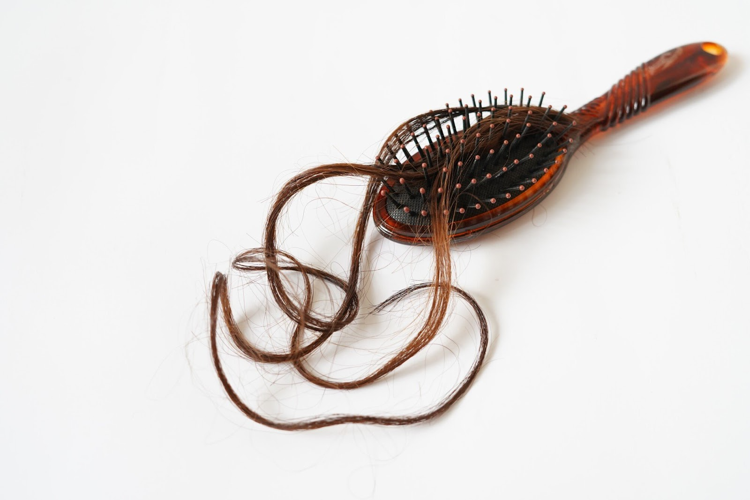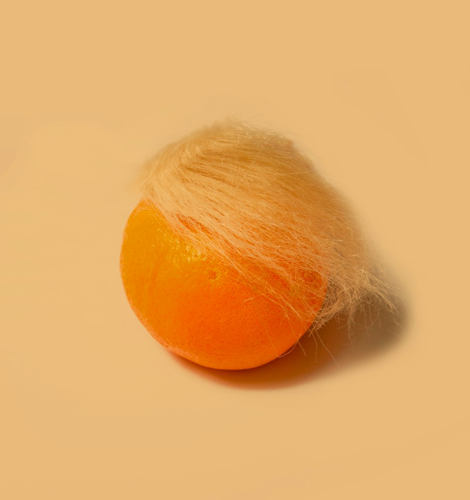
Hair is considered a crown of glory and can influence an individual’s self-esteem and emotional well-being. The loss or change in hair can evoke a range of emotions, from sadness and frustration to anxiety and embarrassment.
Men and women can face hair concerns, which are tied to societal standards of beauty. Here, we explore common concerns, treatments, and social perceptions. Let’s shed light on the complex emotional experiences surrounding hair loss and other related challenges.
Common Causes of Hair Loss and Their Emotional Impact
Various factors contribute to hair loss, each carrying its own emotional implications. Genetic predispositions, medical conditions, stress, and hormonal changes top the list of causes. Alopecia is an autoimmune disorder characterized by sudden hair loss that can be quite distressing. Individuals dealing with this condition struggle with feelings of embarrassment and self-doubt.
Hair loss can lead to depression and anxiety, as those affected grapple with their changing appearance. Conditions like telogen effluvium, where hair sheds due to stress or shock, pose emotional challenges. People may feel a loss of control over their bodies, which can trigger severe anxiety. Understanding the root causes of hair loss addresses the emotional responses they elicit to seek appropriate support systems and treatments.
Wigs as a Temporary Solution with Psychological Benefits
Wigs offer an immediate solution for those experiencing hair loss, providing aesthetic cover and emotional relief. Wearing a wig can boost self-confidence and help individuals feel more normalized in social situations. If individuals are frequently adjusting or securing wigs tightly to maintain a specific style, they may wonder, can wigs cause hair loss and what can you do to avoid this scenario? Though wigs do not necessarily result in hair loss, traction alopecia is a condition that may occur. Certain wigs pull tightly on the hair and cause hair to become weaker at the roots.
Wigs can offer a temporary solution, but they may become a crutch for individuals struggling with their hair concerns. Understand the balance between using wigs as a tool for change and maintaining natural hair health.
The Adoption of Coping Mechanisms
Coping with hair loss requires having effective strategies and support. Individuals find solace in sharing their experiences through support groups that provide a safe space for discussing feelings and concerns. Connecting with others facing similar challenges can be cathartic, promoting a sense of community.
Professional counselling can offer tools to manage emotional distress arising from hair loss. These services equip individuals to handle their feelings and improve their coping skills. Therapies like cognitive-behavioral therapy (CBT) focus on changing negative thought patterns and can reduce anxiety. Mindfulness practices can help individuals cultivate a sense of peace despite their hair loss. These methods offer holistic approaches to dealing with the emotional fallout related to hair issues so that individuals can regain a sense of autonomy and self-worth.
The Role of Society and Cultural Norms in Hair Perception
Cultural perspectives on hair have a profound impact on self-esteem for marginalized groups. Different cultures place varying levels of importance on hair, connecting beauty and societal status to hair texture and style. Some cultures may emphasize straight hair as a beauty standard, leading others to feel pressure to conform. This cultural weight can worsen feelings of inadequacy among those struggling with hair issues.
The media shapes notions of beauty related to hair. Celebrities and public figures set trends that create unrealistic expectations for beauty and intensify concerns around hair loss and style. Social media platforms can perpetuate these narratives and make individuals feel that their value is tied to their hair's appearance. Challenge these perceptions and promote diversity in hair types. Acknowledge that beauty may lead to a wider acceptance of different hair conditions and appearances.
The Psychological Toll of Hair Loss on Relationships
Hair loss impacts individuals and their relationships with family, friends, and partners. Many people may feel self-conscious about their appearances and withdraw from social interactions. This withdrawal can cause misunderstandings among family and friends who may not recognize the emotional distress behind a superficial concern. The fear of judgment can prevent individuals from comfortably engaging in both personal and professional settings.
Romantic relationships can be sensitive to hair concerns. Partners may struggle to find the right words to comfort someone facing these challenges. Those experiencing hair loss can communicate openly about their feelings, allowing room for empathy and understanding in relationships. Partners can offer support and encourage their loved ones to seek out coping strategies and professional help if needed.
Embracing Change and Self-Love
The journey towards accepting changing hair is long and fraught with emotional upheaval. Know that acceptance can result in profound personal growth, encouraging individuals to redefine their sense of self-worth. Developing a positive self-image builds resilience against negative emotional responses. Practicing self-compassion can facilitate embracing natural beauty and changing appearance.
Individuals may benefit from daily affirmations that reinforce their value outside of just physical attributes. Acknowledging the positives helps shift focus from hair to identity. Involvement in activities that promote body positivity can improve feelings of empowerment and help others. Building a supportive network that promotes acceptance for better resilience. By encouraging open discussions surrounding hair loss, individuals can work towards embracing their new journey and reclaiming their identities with confidence.
Exploring Treatments
There are many treatments for hair loss, ranging from medical to natural remedies aimed at promoting hair growth or preventing further loss. Minoxidil and finasteride have been clinically proven to aid individuals struggling with androgenetic alopecia. Before use, people should consult healthcare providers to guarantee safety and efficacy. Many individuals even explore essential oils, dietary changes, and supplements designed for better hair health. These alternatives embrace a more holistic approach toward health, focusing on scalp care, nutrition, and well-being.
Considerations of lifestyle adjustments, stress management, and sleep hygiene are key contributors to hair health. Whichever route individuals choose to undertake, understanding expectations and timelines is a necessary part of mental health. Some treatments may offer rapid results, and others will require consistency and patience.

Individuals can nurture both their physical and emotional well-being, paving the way for greater acceptance as they embrace their hair journey. Having hair concerns can influence emotional well-being. By understanding the complexities of hair loss and its impact on self-image, people can seek appropriate support and treatment tailored to their experiences. Embrace the journey of self-acceptance to achieve optimal mental health.




(0) comments
We welcome your comments
Log In
Post a comment as Guest
Keep it Clean. Please avoid obscene, vulgar, lewd, racist or sexually-oriented language.
PLEASE TURN OFF YOUR CAPS LOCK.
Don't Threaten. Threats of harming another person will not be tolerated.
Be Truthful. Don't knowingly lie about anyone or anything.
Be Nice. No racism, sexism or any sort of -ism that is degrading to another person.
Be Proactive. Use the 'Report' link on each comment to let us know of abusive posts.
Share with Us. We'd love to hear eyewitness accounts, the history behind an article.